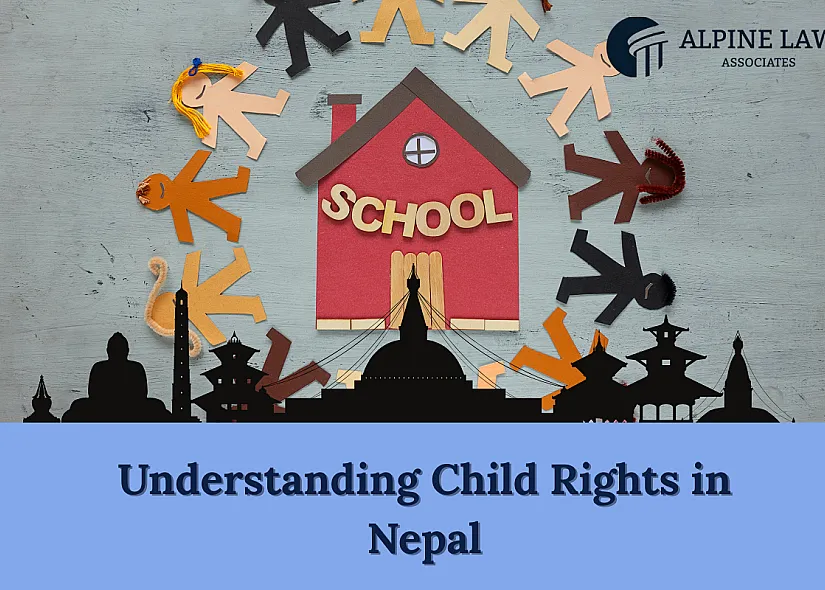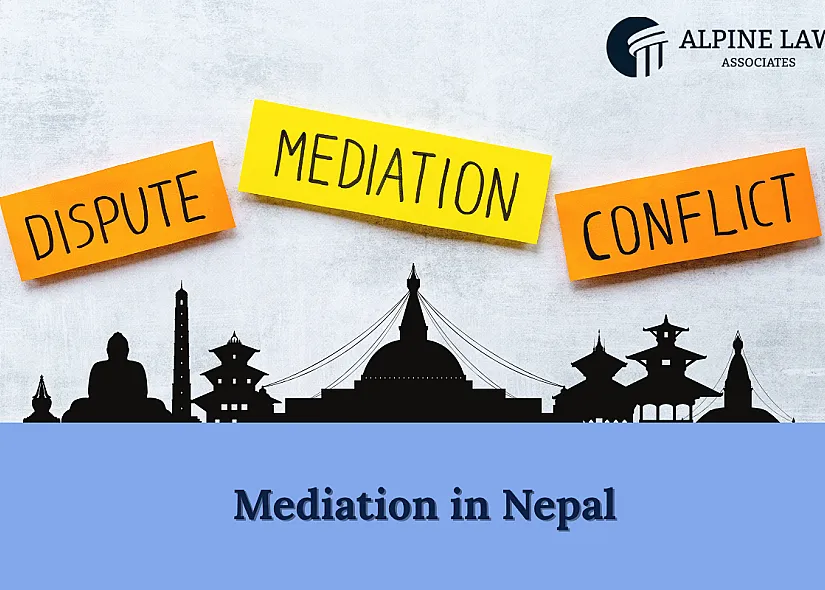Writ Procedure in Nepal: Types, Steps, and Constitutional Rights
The writ procedure in Nepal is a powerful constitutional mechanism for safeguarding fundamental and legal rights. Under Articles 133, 144, and 151 of the Constitution, the Supreme Court, High Courts, and District Courts respectively issue writs like habeas corpus, mandamus, certiorari, quo warranto, and prohibition. This article outlines the entire process—from petition registration to final court orders—offering insights into show cause orders, stay orders, and judicial review. The writ system ensures fast legal remedies and holds authorities accountable for unlawful actions. It strengthens democratic governance by reinforcing individual rights and controlling arbitrary government power.



-thumb_big.webp)
-thumb_big.webp)
-thumb_big.webp)
-thumb_big.webp)
-thumb_big.webp)

-thumb_big.webp)
-thumb_big.webp)
-thumb_big.webp)
-thumb_big.webp)
-thumb_big.webp)

-thumb_big.webp)